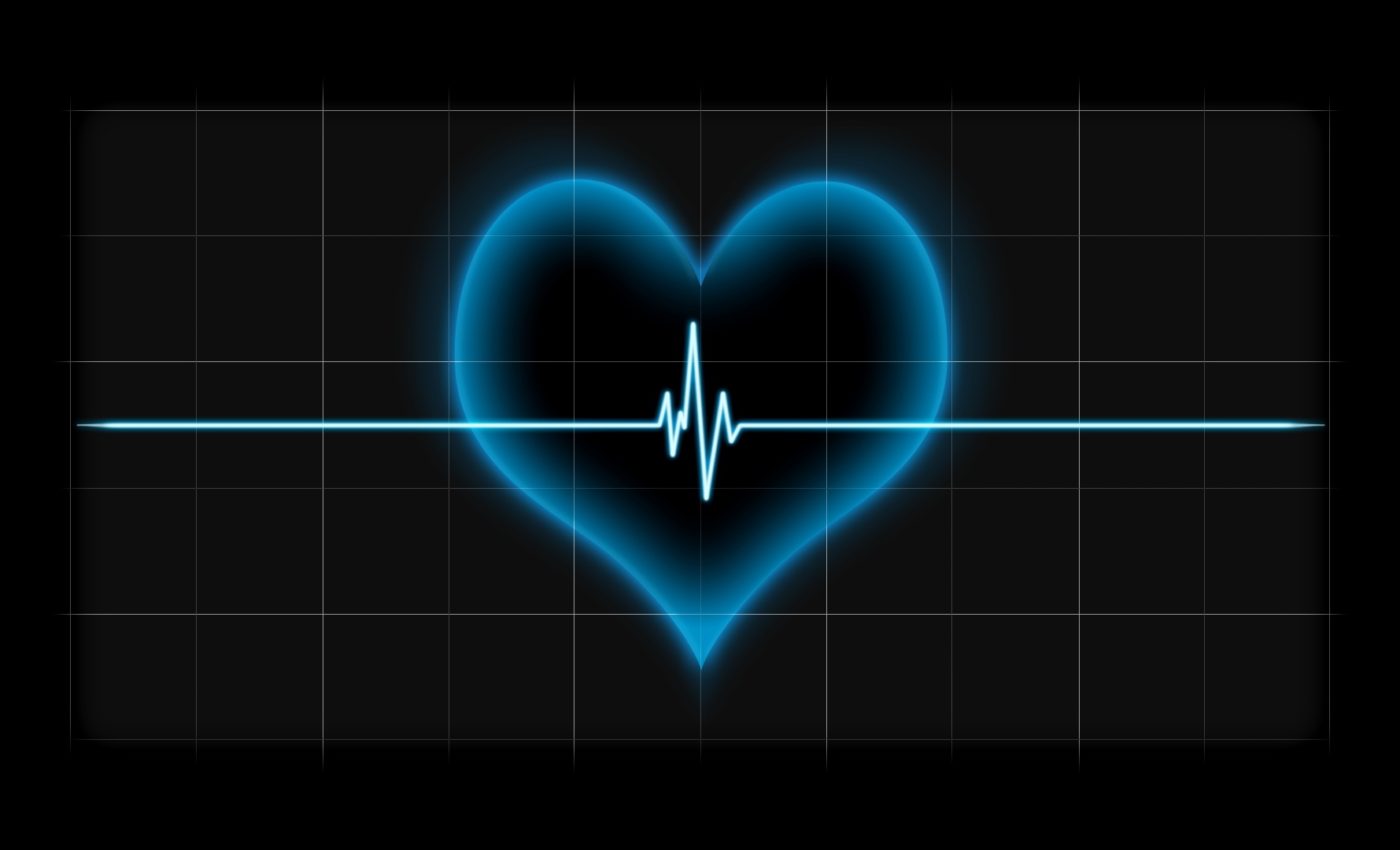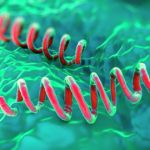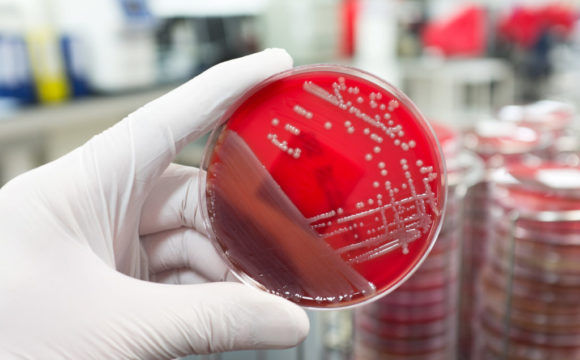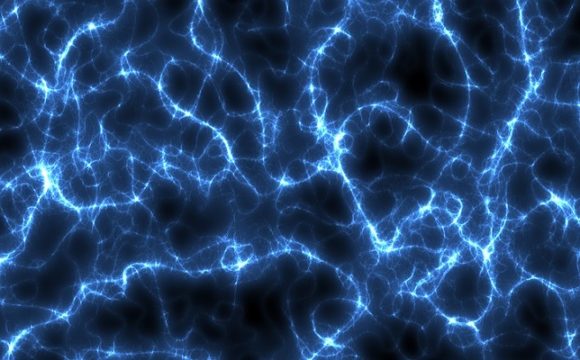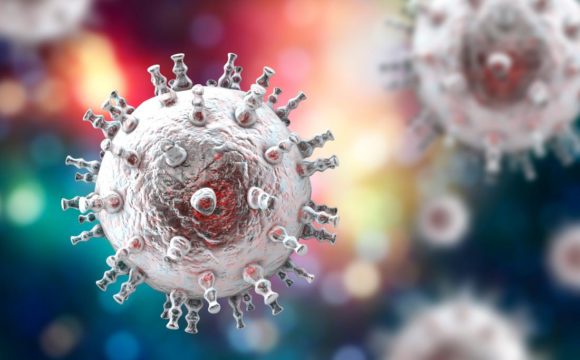Cardiac failure or congestive heart failure or simply heart failure is a condition in which the heart does not pump the blood as it does normally. More precise, if the heart cannot pump (systolic) or fill (diastolic) adequately it is considered a heart failure. Lifestyle especially dietary habits are the key contributor to such condition. Shortness of breath, fatigue, swollen legs and rapid heartbeat are commonly associated symptoms. Half of the patients with heart failure die within five years of diagnosis. Over a million patients are diagnosed in India each year and over 26 million people worldwide are living with this condition of which 6.5 million live in the US and this number is expected to rise by 46 percent by the year 2030.

Image Source: userscontent2.emaze.com
A team of researchers under the leadership of Dr. Jorge Bartolucci, a Professor at the Universidad de los Andes (UANDES) in Santiago, Chile was interested in exploring the therapeutic benefits of stem cells derived from the umbilical cord on heart failure. In the past stem cells obtained from bone marrow have been used for similar research but Umbilical cord offers certain distinct advantages. It is much more accessible and less likely to generate a negative immune response and unlike embryonic stem cells, it does not prompt ethical concerns.
About 30 patients who had a stable heart failure and were aged between 18 to 75 years were divided into two groups in which one received the treatment and the other was given a placebo. The treatment was an Intravenous infusion of umbilical cord-derived mesenchymal stem cells (UC-MSCs). Mothers with cesarean delivery had donated the placenta from which the stem cells were extracted.
After about a period of a year, it was found that the group which received treatment showed improved heart’s ability to pump blood, improved left ventricular function and restoration in the overall daily functioning and the quality of life. Compared to the bone marrow-derived stem cell treatment the UC-MSCs showed a 55-fold increase in the expression of hepatocyte growth factor, known to repair cells and boost the immune system.
Dr. Figueroa reportedly said, “We are encouraged by our findings because they could pave the way to a noninvasive, promising new therapy for a group of patients who face grim odds.”
Reference:
1] www.medicalnewstoday.com/articles/319552.php
2] www.telegraph.co.uk/science/2017/09/26/stem-cells-taken-umbilical-cords-babies-can-help-repair-damaged/
3] www.empr.com/news/individualized-systolic-blood-pressure-operation-complications/article/696116/



